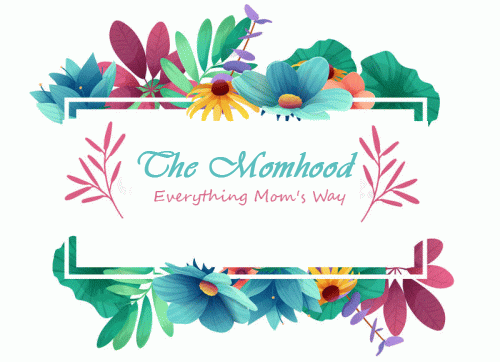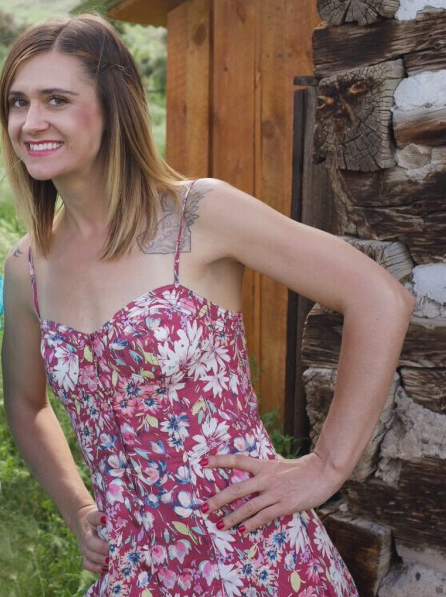From small babies to teenagers, thousands of children go into care every year in the UK. The reasons are many. When children go into care, they may live with relatives, in designated children’s homes, or with foster carers. Being a foster carer is a responsibility that comes with a unique satisfaction. You will be able to play an important role in somebody’s life, helping guide a child out of a vulnerable zone into a state where he or she can develop like any other kid.
Becoming A Foster Carer
Lisa Witter from Perpetual Fostering says that local authorities typically provide faster foster placements than foster agencies. There are differences in the ways the two agencies function – many opt for foster agencies as there is more leeway on the expenses and financial funds provided. Certain foster agencies also have an entrenched network in a particular area, making them the choice for that region.
The prerequisites to apply for foster care status are very straightforward. You need to be above 21 years old and have extra space in your home to accommodate a child (an extra room and basic facilities to ensure comfort and privacy).
You will also need to show a certain degree of financial security and comfort – those going through a bankruptcy process cannot become foster carers. A criminal check is also part of the process – those with serious criminal records cannot apply, keeping in mind the safety of the child and possibilities of future abuse.
From a physical point-of-view, you need to be fit enough to take up this new responsibility, which will be physically demanding at times. Health check-ups are included in the process.
Reasons Why Children Go Into Care
Many children who go into care have been abused. It could have been physical or sexual in nature and it could also be pure neglect. Parents with drug habits and parents in prison are some of the common reason. There are also cases where the kid’s parent is seriously ill and there are no relatives.
The foster period can be short or it can go on for years – depending on each unique scenario. Children’s homes do not have a safe environment for children, especially young ones – they are prone to a lot of bullying and trauma.
Training And Resources
Children brought into care lack stability in their lives. This can sometimes be manifested in their behavior. Some tend to go into a shell and some may be very defensive and rebellious. Gaining their trust and giving them a safe place emotionally and mentally, apart from physically, is an important part of being a foster carer. When you connect with a foster agency, there is guidance and plenty of resources for you to take up this role.
This UN report released in Serbia illustrates the importance of a robust future generation very well. As a foster carer, you can help a child find the path to a bright future. Open your doors to a young stranger who needs your protection and gain a lifelong relationship that you will always treasure.
As a conclusion, one can only say that communities are strengthened with each generation. If the future is shaky, our communities fall apart.


